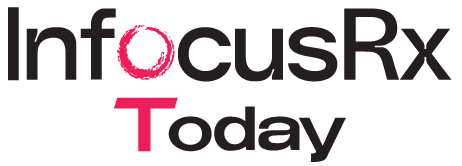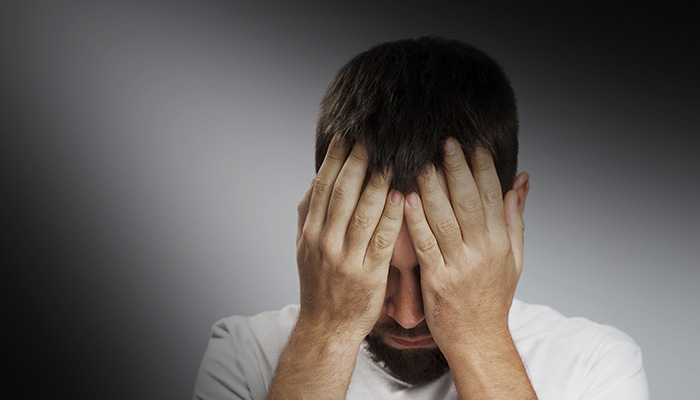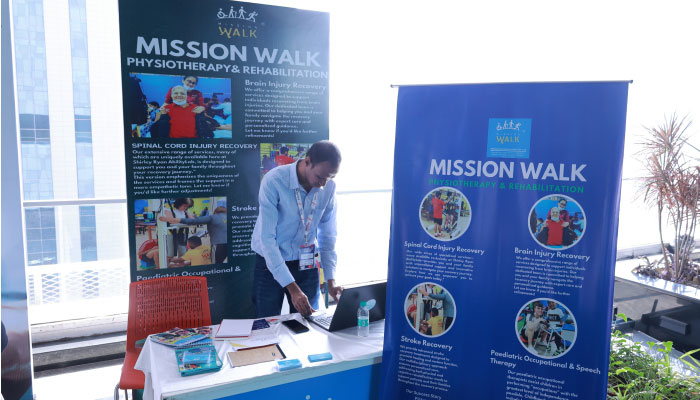You are playing your favorite sport, foot ball. You are suddenly hit by a speeding ball with high force on your head. You fall down feeling dazed. There is a feeling of dizziness, altered consciousness and headache. These are all signs of what is called a concussion.
It has been estimated by the U.S emergency department that around 135,000 cases of traumatic head injury and concussions related to sports activities are being treated every year. Concussions are mostly seen in sports like football, boxing, soccer, martial arts, playground activities, basketball, cycling, all terrain driving and ice hockey. Over the years, researches and doctors have come together and discussed ways of preventing and managing concussions due to sports activities in international sports as well as sports in schools.
Concussion- Shaking of the brain
The word concussion is derived from the word ‘concutere’, which means ‘to shake violently’. The soft tissue of the brain is protected on all sides by spinal fluid and blood. When a blow occurs to the head with force, the brain tissue hits the bony surface of the skull, and temporarily it loses its capacity to work efficiently. This leads to what is known as a concussion. There is alteration in speech, memory, reflexes, judgment, coordination and balance.
Concussions can happen to anyone. It can happen during fall from a bike, car accidents, physical violence, while playing sports like soccer, drill practice, games, and athletics.
Concussions can be minor or severe in nature. The symptoms of concussion are drowsiness, altered consciousness, memory loss, nausea, vomiting, headache, feeling of flashing lights in your eyes, and a feeling that time has been lost. If the concussion is a severe one, you must look out for signs like seizures, weakness of muscles, state of coma, excessive vomiting, unusual eye movements, unequal pupils and problems in walking. In children, you should look for signs like cranky behavior, irritability, fatigue, no interest in games or toys and loosing balance when walking.
You must contact your doctor immediately if you have symptoms like difficulty in walking, stiff neck, difficulty in speaking, difficulty in moving your arms, repeated vomiting, drowsiness, convulsions, feeling of confusion, fever, bleeding or fluid leaking from ears and nose.
Diagnosing concussions
The doctor will conduct a complete examination of the injury on the head. Your reflexes, strength, balance, memory, and sensations will be checked. In severe concussions, the doctor will recommend a MRI (Magnetic resonance imaging) or CT Scan( Computerized tomography). CT scan gives you a clear 2 dimensional view of the brain and skull. It is recommended in people with serious concussion due to motor accident, fall from more than 1metre height, who are more than 65 years of age, who have memory loss, seizures, continuous vomiting , cuts on head, and fracture of the skull. In MRI scan, magnetic rays are used to take pictures of brain and tissues surrounding it. An EEG (Electroencephalogram) may be taken to detect if there is any problems in the electrical activity of the brain.
Treating concussions
The best way to treat a concussion is taking complete rest. For pain relief, you can take acetaminophen. Do not take drugs like Aspirin, Ibuprofen and other Non steroidal anti inflammatory drugs (NSAIDS) as they may increase bleeding. One should avoid going back to playing sports if symptoms of concussion still persist. There is a chance that a second concussion may occur which may lead to serious brain injury. A light diet is recommended and it is better to avoid doing any heavy exercise. Walking around the house slowly is advised. A good 12 hours sleep is recommended where someone from your family or friends has to wake you up for every 2 to 3 hours, and check if you are doing alright. The person can ask questions like your name and check for the way you are acting, and report it to your doctor. Alcohol intake must be avoided completely till concussion disappears as recovery process is delayed, and there is a chance of falling down again causing more concussions.
Returning to sports activities
Unless the symptoms of concussion disappear, it is not advised to return to playing sports. If you had a minor concussion involving temporary memory loss, you will be ready to go back to sports activities in 1or 2 weeks time; but if it is a severe concussion, it may take one month or more till you get back to playing sports. If a player returns to sports without complete recovery he can suffer from ‘second impact syndrome’ which means even a small blow to the brain, the second time can cause loss of control of blood flow to the brain which could lead to fatal brain injury. Permanent damage can occur due to repeated concussions. Only after getting clearance from your doctor, it is advised that you return to your sports activities.
Preventing concussions
You can prevent concussions by wearing protective head gear during sports activities and driving, by making sure that your home is well lighted clutter free to prevent falls, guarding children against steep stairways and sharp edges, wearing shoes with good grip, reading safety rules near swimming pools, and also using the seat buckle while driving your car.
Protect your head
A cartoon artist would picture someone who has been hit on the head with having stars or little birdies flying around the head. But in reality, being hit on the head is far from being funny. Head houses the delicate brain and its components, and needs to be protected from trauma. Always remember to wear protective head gear while playing sports, cycling or driving your bike. A little step towards protecting your head can save you from severe concussions, and sometimes even your life!



